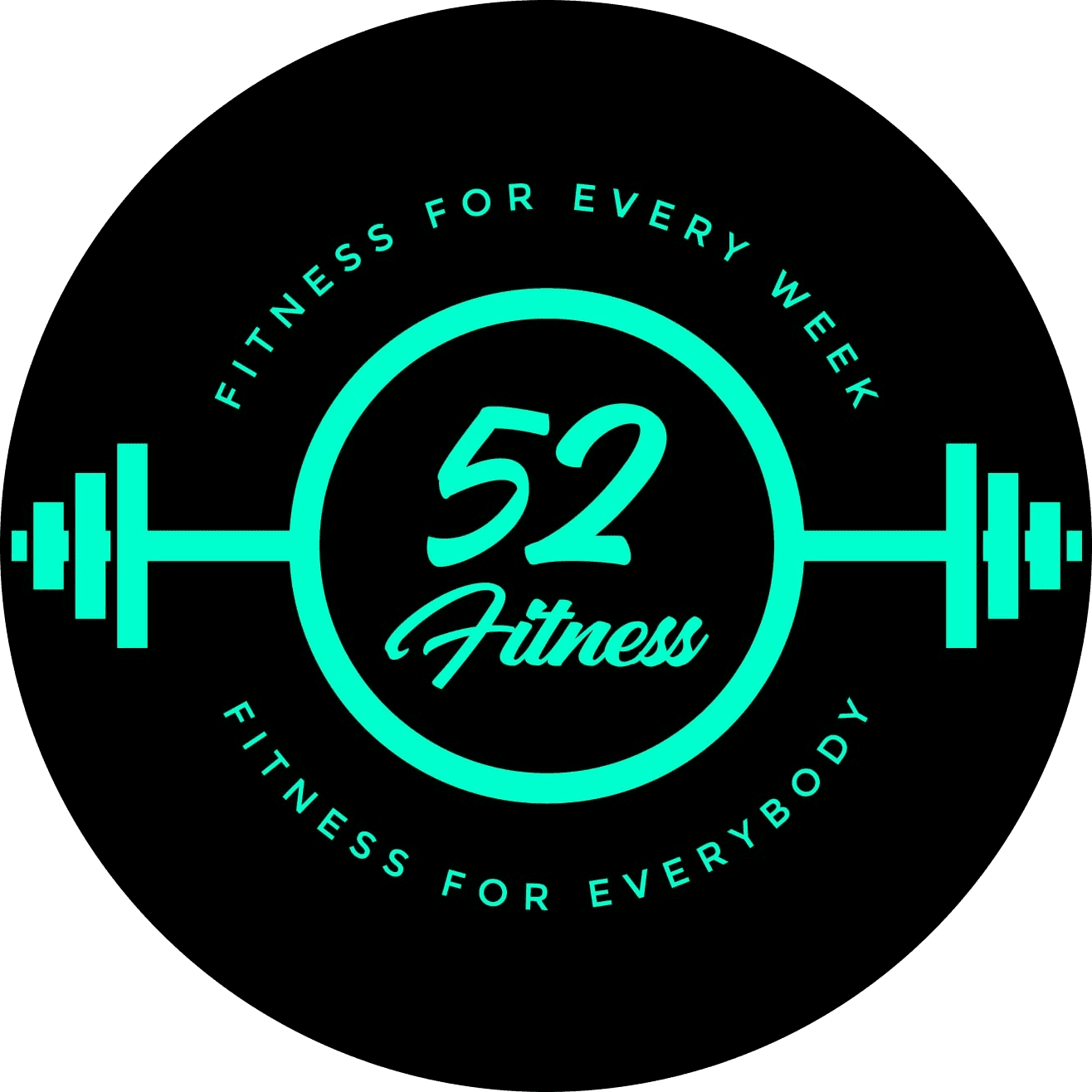
Nutrition Myths Debunked: Separating Fact from Fiction

Posted on March 12, 2024
In the labyrinth of health and wellness, nutrition serves as a pivotal player in the pursuit of overall well-being. Unfortunately, amidst the plethora of available information, myths and misconceptions about nutrition continue to proliferate. These myths, often perpetuated through hearsay or misleading marketing, can sow confusion and impede progress toward achieving health goals. This comprehensive guide aims to unravel the truths behind common nutrition myths, empowering you to make informed decisions about your dietary choices.
The Low-Fat Craze
For decades, the pervasive belief that a low-fat diet is synonymous with health has influenced dietary choices worldwide. However, recent research has shattered this misconception, revealing that not all fats are created equal. While saturated and trans fats should be limited due to their adverse effects on heart health, unsaturated fats, abundant in avocados, nuts, and olive oil, play a crucial role in supporting cardiovascular health and overall well-being.
The key lies in distinguishing between good and bad fats. Incorporating a moderate amount of healthy fats into your diet can contribute to satiety, enhance nutrient absorption, and provide a sustainable source of energy.
Carbs: Friend or Foe?
Carbohydrates, often unfairly vilified as the culprits behind weight gain and health issues, warrant a nuanced examination. Not all carbs are created equal, and their impact on your health depends on the source and type consumed. Whole grains, fruits, and vegetables offer a wealth of essential nutrients, fiber, and energy, contributing to optimal health.
Opt for complex carbohydrates, such as quinoa and sweet potatoes, over refined options like white bread and sugary snacks. Moderation and mindfulness in carbohydrate consumption, rather than outright avoidance, are the keys to harnessing their nutritional benefits.
The Protein Predicament
The prevailing myth that a high-protein diet is a panacea for weight loss and muscle gain has permeated fitness culture. While protein is undeniably vital for muscle repair and growth, excessive consumption can strain the kidneys and lead to other health issues.
A balanced approach to protein intake involves incorporating a variety of sources, such as lean meats, legumes, and dairy, to ensure the body receives a diverse array of essential amino acids. Striking the right balance aligns with both fitness goals and long-term health.
The Detox Dilemma
Detox diets and cleanses often promise rapid weight loss and improved health through the elimination of toxins. However, the human body boasts its own intricate detoxification system, comprising the liver, kidneys, and lymphatic system. Instead of resorting to restrictive diets, focus on consuming whole, nutrient-dense foods, staying adequately hydrated, and supporting your body's natural detox processes.
Understanding that sustained well-being requires consistent, healthy habits rather than periodic detox interventions is crucial. This shift in perspective can pave the way for lasting, positive changes in your lifestyle.
Sugar: The Sweet Truth
The demonization of sugar as the primary culprit behind obesity and diabetes oversimplifies a complex issue. While excessive sugar consumption is undoubtedly detrimental, it's essential to discern between naturally occurring sugars in fruits and dairy, which come bundled with essential nutrients, and added sugars prevalent in processed foods.
Strive for moderation and be mindful of hidden sugars in seemingly innocuous products. A well-informed approach allows you to enjoy the sweetness of life without compromising your health.
Superfoods and Miracle Cures
The health food industry is flooded with claims of superfoods and miracle cures, promising everything from weight loss to eternal youth. While incorporating nutrient-rich foods like berries, kale, and quinoa into your diet is undeniably beneficial, the concept of a singular food or supplement achieving miraculous results is unfounded.
Embrace an approach to nutrition by diversifying your diet with a range of whole foods, ensuring you receive a broad spectrum of essential nutrients. There is no shortcut to optimal health; rather, it's a culmination of consistent, positive choices.
In conclusion, navigating the intricate web of nutrition information necessitates a discerning eye to distinguish fact from fiction. Armed with this knowledge, you can embark on a journey toward improved well-being with confidence, making choices that align with your health goals.
Contact Us: For personalized guidance on nutrition and fitness tailored to your unique needs, don't hesitate to reach out to us at (617) 826-9012 or via email at [email protected]. Our dedicated team of experts is here to support you on your path to a healthier, more vibrant lifestyle.
Let's Connect and Start Your Journey Together
Reach out and let's address any doubts or inquiries you might have
Give us a call
(617) 826-9012Send us an email
[email protected]